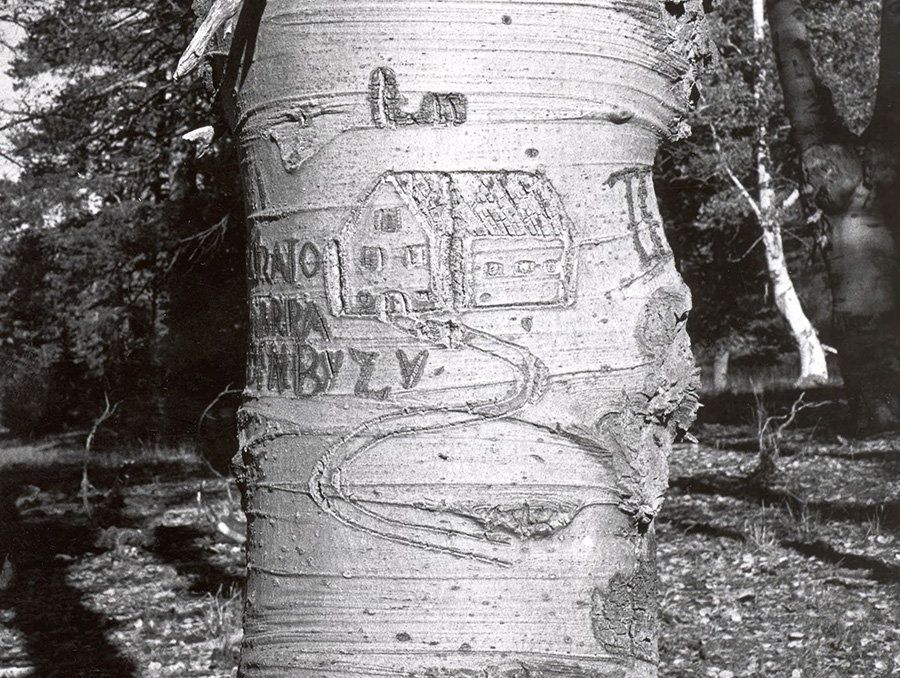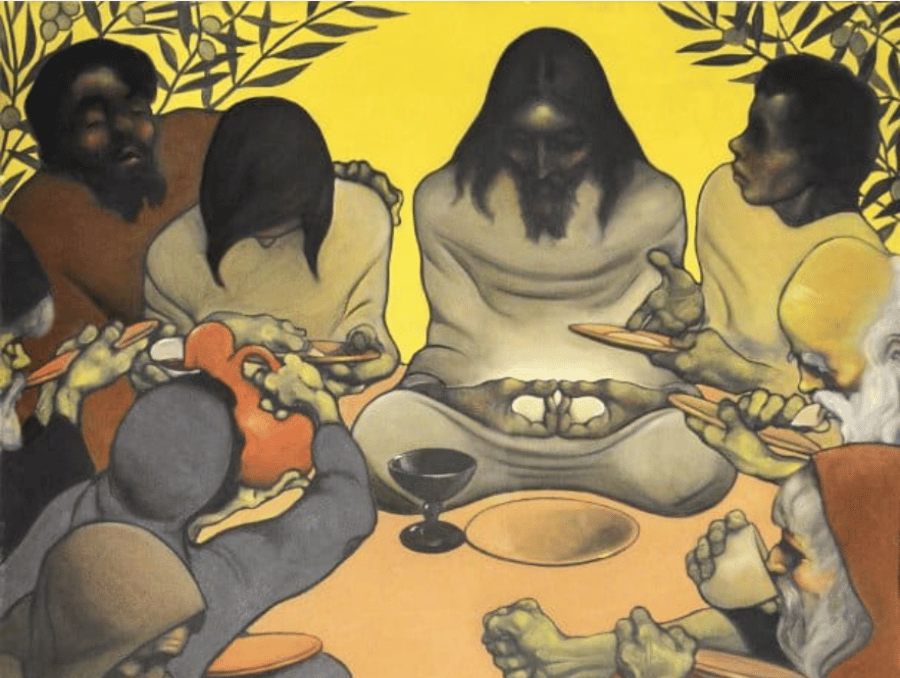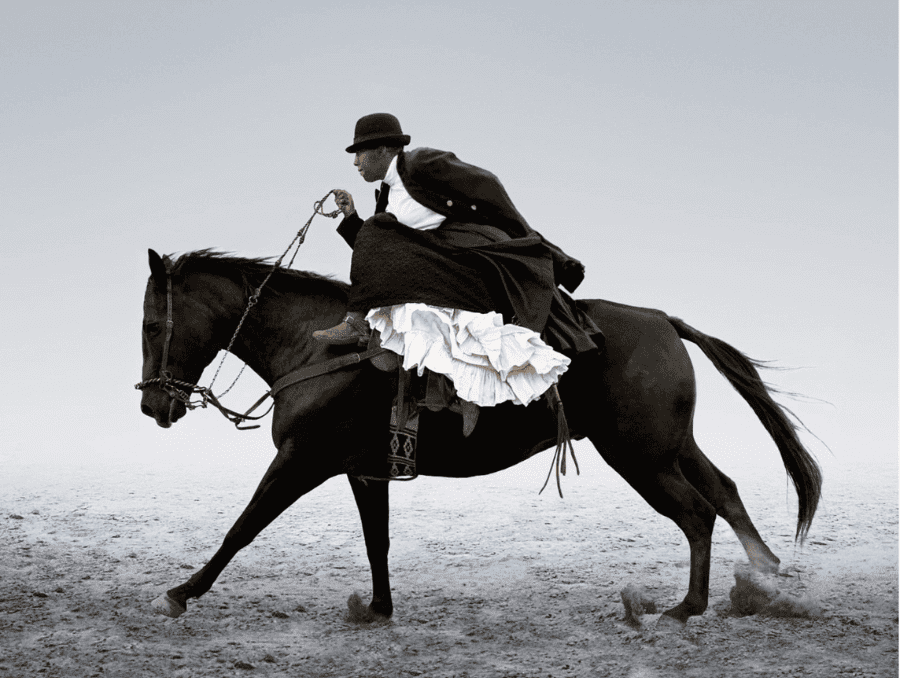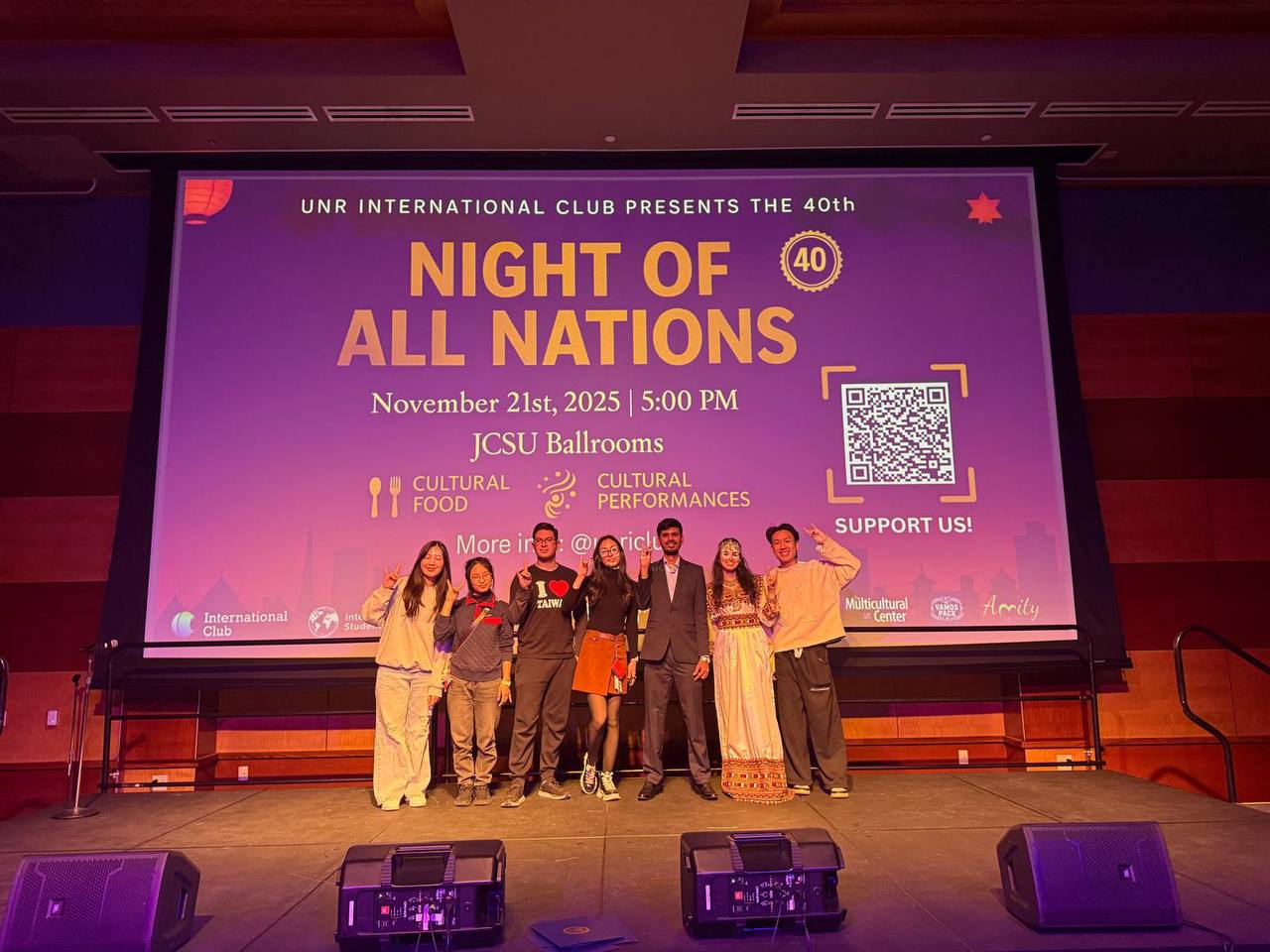
The National Archives’ National Historical Publications and Records Commission recently announced grants for 2023. Acting Archivist of the United States, Debra Steidel Wall, approved 31 proposals in 25 states and the District of Columbia, totaling $1,904,539, pending appropriations of a final FY2023 budget.
This year’s awards include funding for an exciting Basque arborglyph project managed by The Arborglyph Collaborative.
The Arborglyph Collaborative is a tri-state academic partnership among University of Nevada, Reno, Boise State University, and California State University Bakersfield, all well-known for their Basque studies programs. The group of partner institutions received an Archives Planning Grant totaling $24,000.
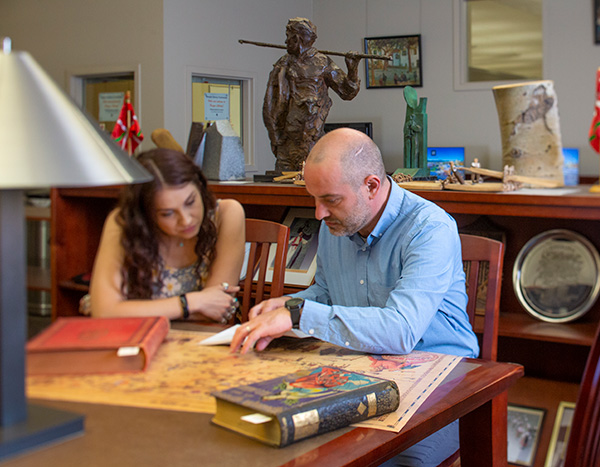
“Basque lertxun-marrak (tree carvings or Arborglyphs) are unique cultural artifacts that reflect the experience of the sheepherders arriving in the US during the late 19th and 20th centuries,” Iñaki Arrieta Baro, Basque librarian, Jon Bilbao Basque Library, University Libraries at the University of Nevada, Reno. “They are symbols of their solitude during the time spent at the mountain pastures, but also of their willingness to remember their homeland and preserve their identity."
He added, “Recently, the Jon Bilbao Basque Library received the Earl Collection; it is of the Library’s newest collections. It showcases tree carvings and illustrates how they are beautiful examples of human artistic creativity, even in the most humble of material circumstances.”
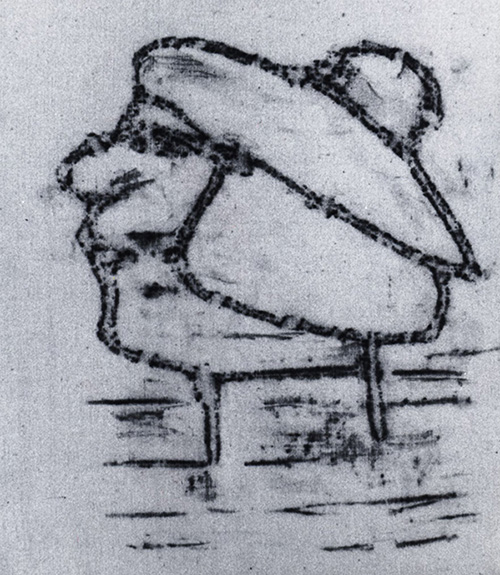
Basque arborglyphs, commonly known as “tree carvings,” are found on aspen tree trunks in the high-elevation forests of Idaho, Nevada, and California. The historic carvings were produced in the mid-19th century primarily by Basque immigrant sheepherders who skillfully carved drawings and messages carved into the trees.
The carvings provide a glimpse into Basque immigrant life in the American West. Crosses, boats, buildings, human figures, well-known sayings, names, and short poems provide a fascinating archival record of Basque sports, politics, religion, love, work, and homeland. With age and environmental conditions, many of the trees are in peril, risking permanent loss of these culturally valuable historical records.
The Arborglyph Collaborative will use grant funding awarded to work to establish a network of interested organizations and individuals; create protocols for documenting the carvings; and provide a framework for the public to more easily access information about these historical carvings. The Collaborative plans to also use funds to document and share information with academic, government, and nonprofit groups, as well as members of the public who are interested in the historical and cultural value of arborglyphs in the American West.
Potential Arborglyph Collaborative partners have been identified to conduct field studies, research, and database support, including: the Basque Museum and Cultural Center (Boise, Idaho); the Northeastern Nevada Museum (Elko, Nevada); and the Kern County Museum (Bakersfield, California).
About the Arborglyph Collaborative Partners
The University of Nevada, Reno’s Jon Bilbao Basque Library, part of the University Libraries, holds one of the world’s largest collections of Basque-related materials, currently at 55,000 volumes. The Center for Basque Studies, also at the University of Nevada, Reno, has more than 50 years’ experience conducting research about the Basques, and operates a well-established international publishing house that focuses on Basques.
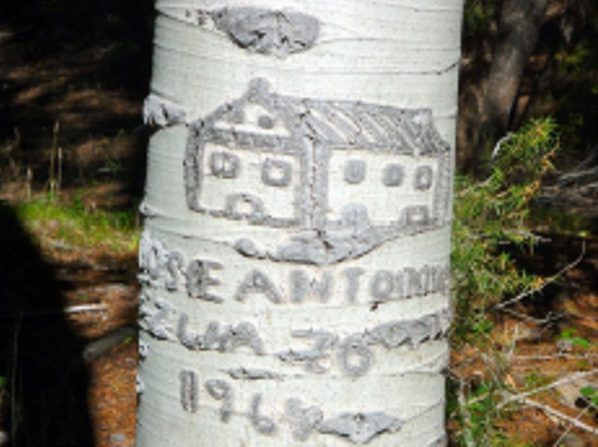
Boise State University’s Basque Studies program, established in 2005, is known for language, history, and cultural studies courses, a minor program, conferences, and BOGA, an academic peer-reviewed online publication. Boise also home to the Basque Museum & Cultural Center, established in 1985, with oral history archives, a library, music collection, manuscript materials, and numerous artifacts and photographs.
California State University Bakersfield hosts the Institute for Basque Studies which promotes multidisciplinary collaborative research on social, cultural, historical, artistic, economic, and political aspects of Basque communities in the Diaspora and the Basque Country.
The National Archives grants program is carried out with the advice and recommendations of the National Historical Publications and Records Commission (NHPRC). A complete list is available online. More information on the grant award can be found in the National Historical Publications & Records Commission (NHPRC) Newsletter, December 2022.
